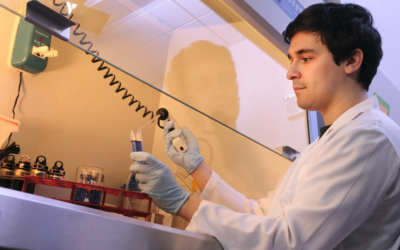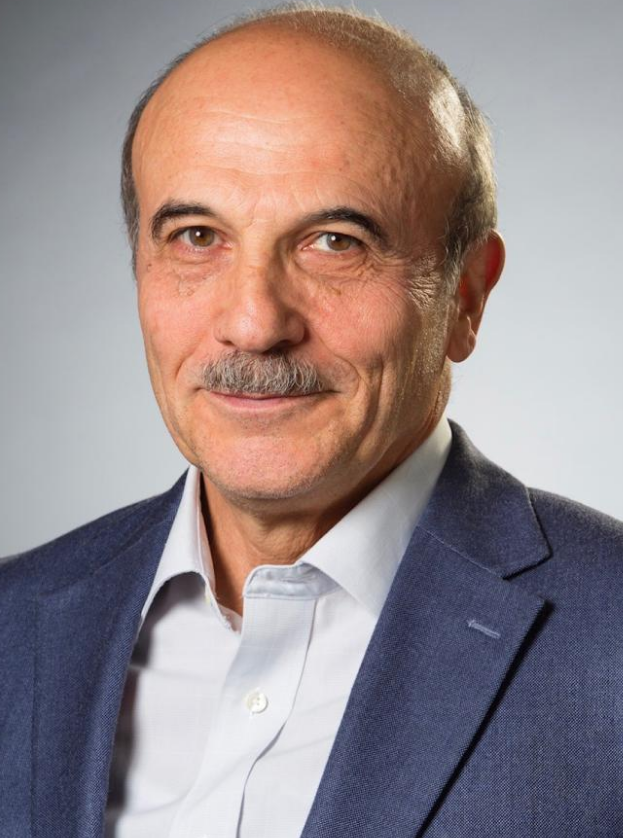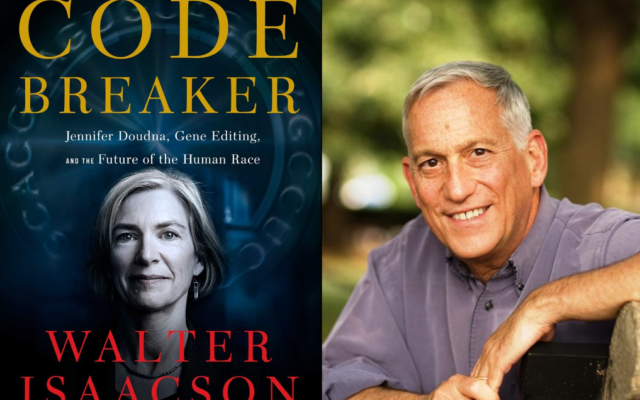After COVID, Cancer Vaccine on Horizon
With vaccinations in full swing, gene therapy for cancer may only be few years away.

Scientists who helped develop the Pfizer COVID-19 vaccine predict that same technology may be used to develop a vaccine for cancer.
Dr. Ozlem Tureci who, with her husband runs the German research firm BioNTech that created the Pfizer vaccine, originally set up the company 13 years ago to develop new treatments for cancer.
She told The Times of Israel last month that the firm now has “several different cancer vaccines” that are under development.
“We expect that within only a couple of years, we will also have our vaccines [against] cancer at a place where we can offer them to people.”
Both the COVID-19 vaccine and the new experimental cancer vaccines are based on technology that uses genetic matter known as messenger ribonucleic acid (mRNA). The inoculations use gene therapy to deliver genetic instructions to individual cells in the body that can be manipulated to reflect newly emerging challenges to health.

reformulation of the Moderna vaccine
that guards against COVID variants.
These individual cells, in turn, develop proteins that create antibodies to act against dangerous viruses.
Scientists at Emory Vaccine Center, for example, have begun testing a new formulation of the Moderna vaccine that is hoped can be more effective against the recent variants of the COVID-19 virus.
The same mRNA technology can be used, in the case of cancer, to actually fight the malignancy.

Tech has been an international
leader in genetic research.
Mark Borodovsky, a Georgia Tech biomechanical engineering professor, said this is a quick and easy way to stop disease. “The immune system is trained to create antibodies that, in case of a viral infection, guide the immune system and kill the virus.”
The University of Texas MD Anderson Center scientists have already used mRNA based treatments to prevent the reoccurrence of cancer, which is said to be particularly the case in ovaries, the bladder and the brain.
A reoccurrence of the disease takes place when cancer cells are not completely killed off by chemotherapy or radiation. In a clinical trial now in its second stage, researchers at the Anderson Center have developed mRNA vaccines individually tailored to each patient. The goal is to destroy the cancer cells still present in the body and permanently head off the disease.
In his new book “The Code Breaker: Jennifer Doudna, Gene Editing, and the Future of The Human Race,” Walter Isaacson describes these advances. Isaacson, who once served as president of CNN in Atlanta, spoke last month at the Book Festival of the MJCCA.

He describes in his book the speed of recent advances. It took only two days, for example, for Moderna to create the proper mRNA sequence that would be used in the new inoculation, and only 38 days before the first box of vials was shipped off to the National Institutes of Health to begin the first clinical trials.
In earlier times, vaccines that used other techniques often took years of trial and error before a proper immune response could be developed. In the case of the recent vaccine, Isaacson said it’s just a matter of unlocking the genetic code of the cell and a flood of new therapies could be developed.
“These genetic improvements,” he says, “could permanently alter the human race.”
The leaders in many of these efforts have often been Jewish scientists. The chairman and CEO of the international pharmaceutical giant Pfizer is Albert Bourla, the son of Greek Holocaust survivors.
Tal Zaks, a native of Israel, is chief medical officer of Moderna, which developed the other vaccine widely in use in this country.
Zaks has been working for years on using mRNA in an attempt to develop treatments for life threatening disease that could be personalized for each patient, so it was a quick pivot to focus on how an mRNA vaccine could be tailored to produce antibodies against the coronovirus.
Borodovsky, who first came to Atlanta in the first wave of Jewish immigration from the Soviet Union in 1990, has been at the forefront of this rapidly developing frontier of modern medicine.
As the founder and director of the Center for Bioinformatics and Computational Genomics at Georgia Tech, he has been instrumental in developing new ways of sequencing the genome, the key to the foundational building blocks of all human life.
His work has been supported by The Marcus Foundation, funded by the cofounder of Home Depot Bernie Marcus.
In 2006, Marcus gave the university $15 million to build a research center to explore what are called nano particles, the small building blocks of all matter. He also established the Marcus Center for Therapeutic Cell Characterization and Manufacturing to develop new medical initiatives in the pharmaceutical and biotechnology industries.
According to Dr. Borodovsky, recent medical advances and the COVID vaccines are simply technology urged on by the world’s medical needs, catching up with basic science.
“It can take 30 years to come up with a concept and get this concept up to realization in a technological sense. So now we talk about several months.”



comments